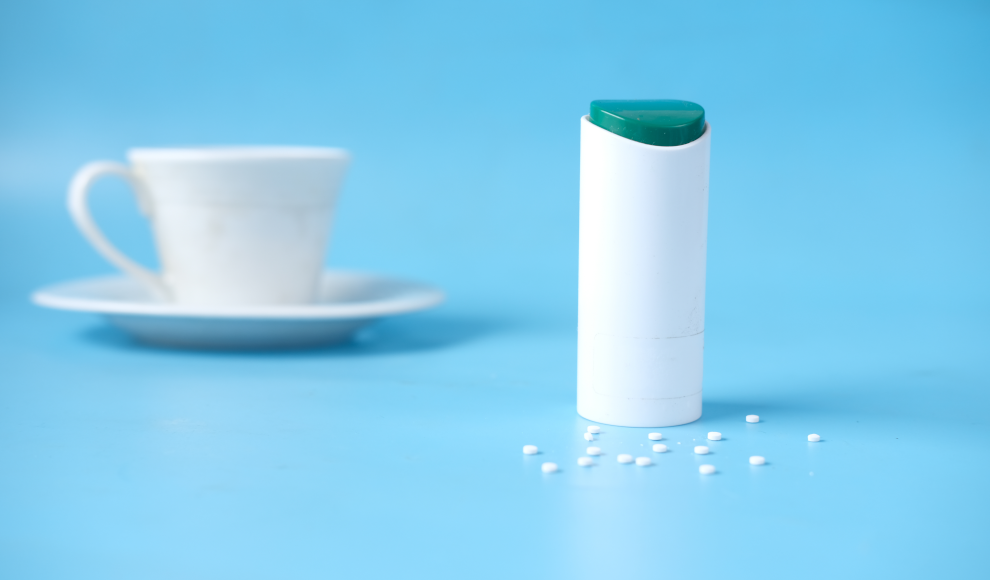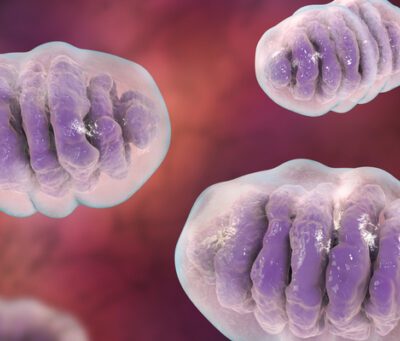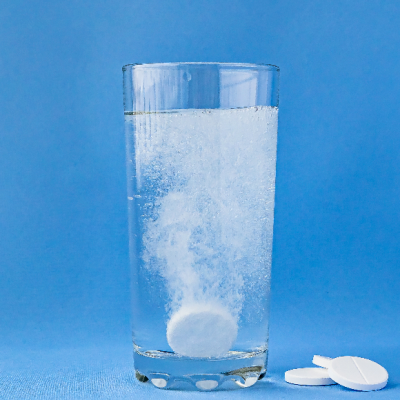Sweeteners Modulate Gene Activity in White Blood Cells and Affect the Production of Immune Messengers
Sweeteners are commonly used in diet drinks as a healthy and low-calorie alternative to sugar. However, recent studies have shown that sweeteners can cause blood clots and increase the risk of diabetes. Researchers at the Leibniz Institute for Food Systems Biology at the Technical University of Munich have now investigated whether and how common sweeteners affect the human immune system. According to their publication in the journal Nutrients, the scientists led by Thomas Skurk first tested how saccharin affects human white blood cells in a cell culture. They observed that the activity of at least 14 genes increased significantly in response to the sweetener. The effect of sweeteners led to increased activity of certain genes responsible for sweet and immune receptors on the cell membrane, including genes that encode immune messengers.
The researchers then examined whether the effects occur in humans when they consume sweeteners through food. In an experiment, five subjects consumed a solution containing common sweeteners. Blood samples were taken from the participants four, eight, and 14 hours after consuming the sweetener solution and analyzed for gene activity and leukocyte behavior. The results showed that after about four hours, the concentration of sweeteners in the participants’ blood had increased significantly. Similar to previous laboratory tests, it was found that the transcription of leukocytes was influenced by this increase. The affected immune system messengers are responsible for fighting pathogens and controlling inflammatory reactions.
According to Dietmar Krautwurst, the results suggest that sweeteners affect immune cells in the blood. “Our results indicate that even an average intake of sweeteners can affect immune cells in the blood. Whether this is good or bad for health, we cannot say at this time.” The study results suggest that leukocytes could react to sweeteners in the blood through their receptors. According to the conducted investigations, there is a possibility that altered transcriptional activity could cause immune cells to respond more intensively to bacterial and other immune stimuli, especially in the presence of the three tested sweeteners. “Our data suggest that this modulation puts immune cells in a state that makes them more sensitive to immune stimuli. Further research is needed to confirm this.”










